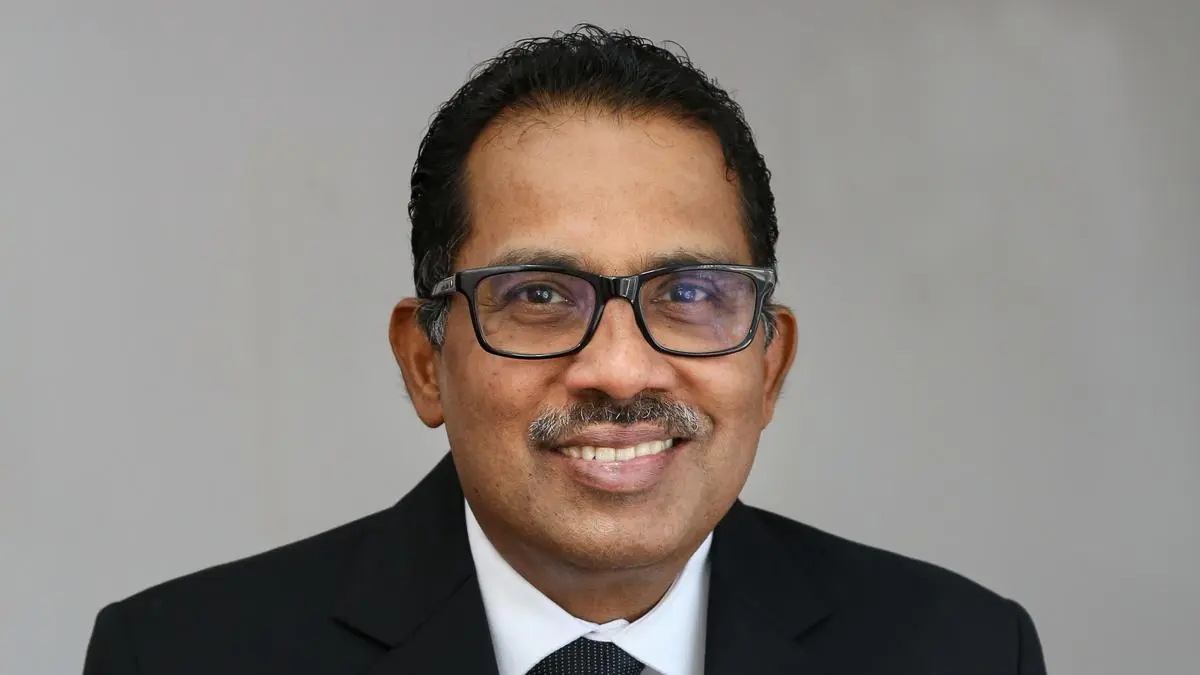Cambodia's Banks Championing Responsible Finance: A New Era of Inclusive Growth

Cambodia's financial sector is quietly revolutionising, shifting its focus towards sustainability, responsible practices, and empowering local communities. It's a significant change, and one that's being driven by both commercial banks and microfinance institutions (MFIs) across the nation.
The shift towards responsible finance isn't just a trend; it's a strategic imperative. Cambodia, like many developing nations, faces unique challenges – poverty, inequality, and a need for sustainable economic development. Traditional financial models often fall short in addressing these issues. This is where responsible and inclusive finance steps in, offering a more targeted and impactful approach.
What does responsible and inclusive finance look like in Cambodia? It goes beyond simply providing loans and financial services. It encompasses a commitment to ethical lending practices, transparency, consumer protection, and a genuine desire to uplift communities. We’re seeing this manifested in several key ways:
- Tailored Financial Products: MFIs are increasingly developing products specifically designed for low-income individuals and small businesses, often overlooked by mainstream banks. These might include microloans for agriculture, small-scale trading, or women-owned businesses.
- Financial Literacy Programs: Recognising that access to finance is only part of the equation, many institutions are investing in financial literacy programs, empowering individuals to manage their money effectively and build a secure financial future.
- Environmental and Social Risk Assessments: A growing number of banks are integrating environmental and social considerations into their lending decisions, ensuring that projects they finance are sustainable and don't negatively impact local communities or the environment.
- Digital Financial Services: The rise of mobile banking and digital payment platforms is expanding access to financial services, particularly in rural areas where traditional banking infrastructure is limited.
The impact of this transformation is already being felt. Small businesses are thriving, families are gaining financial stability, and communities are becoming more resilient. Furthermore, the focus on sustainability is contributing to Cambodia’s broader efforts to achieve the Sustainable Development Goals (SDGs).
However, challenges remain. Ensuring that responsible finance practices are consistently implemented across all institutions, addressing regulatory gaps, and scaling up successful models are key priorities. Continued collaboration between government, financial institutions, and civil society organizations will be crucial to sustaining this momentum.
Looking ahead, Cambodia’s financial sector is poised to play an even greater role in driving inclusive economic growth. By embracing responsible and inclusive finance principles, Cambodia is not only building a more stable and resilient economy but also creating a brighter future for its citizens. This quiet revolution is a testament to the power of finance to be a force for good, demonstrating that financial success and social responsibility can, and should, go hand in hand.
The movement is gaining traction, and with continued commitment, Cambodia can become a regional leader in responsible and inclusive finance.






